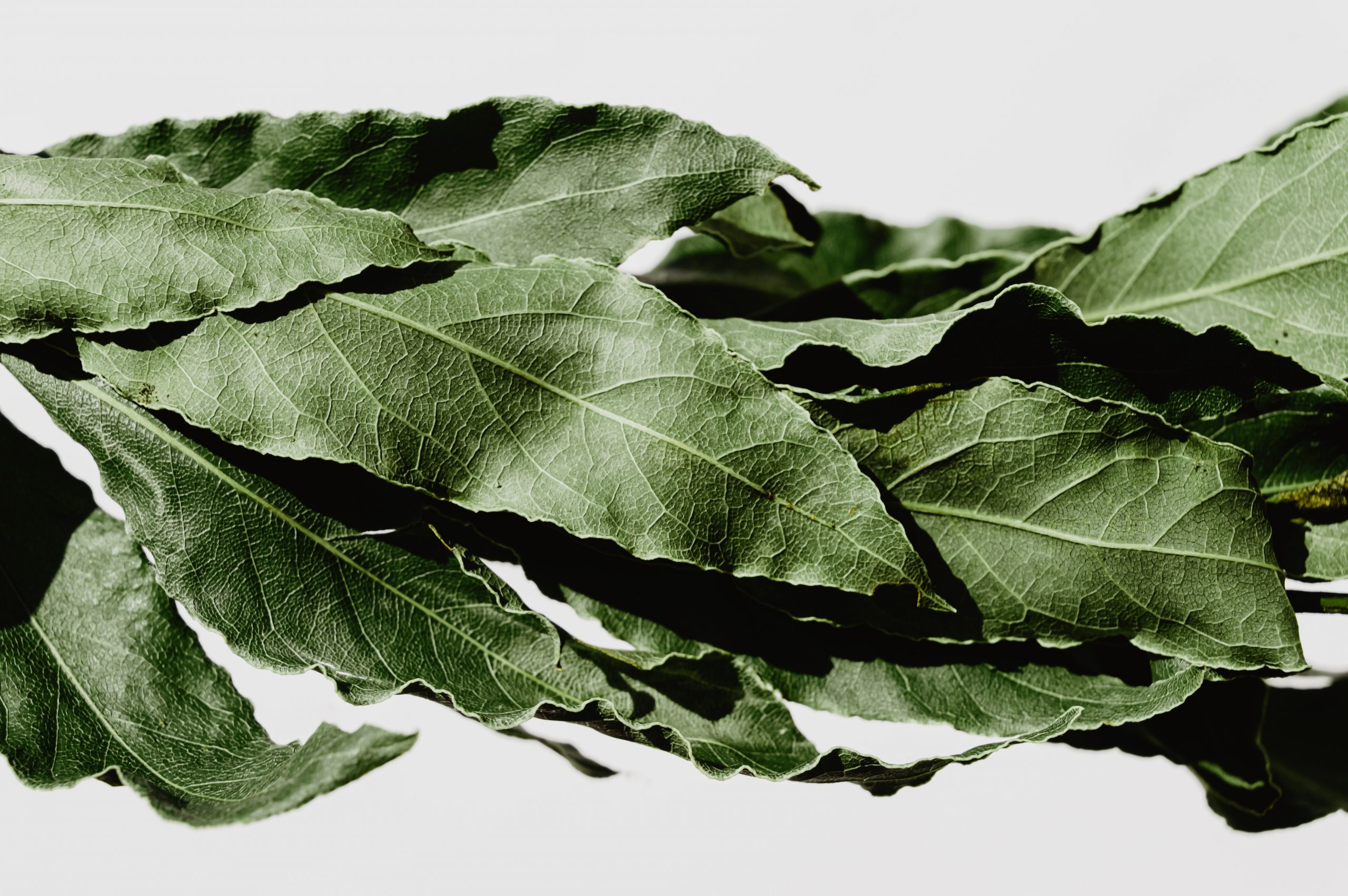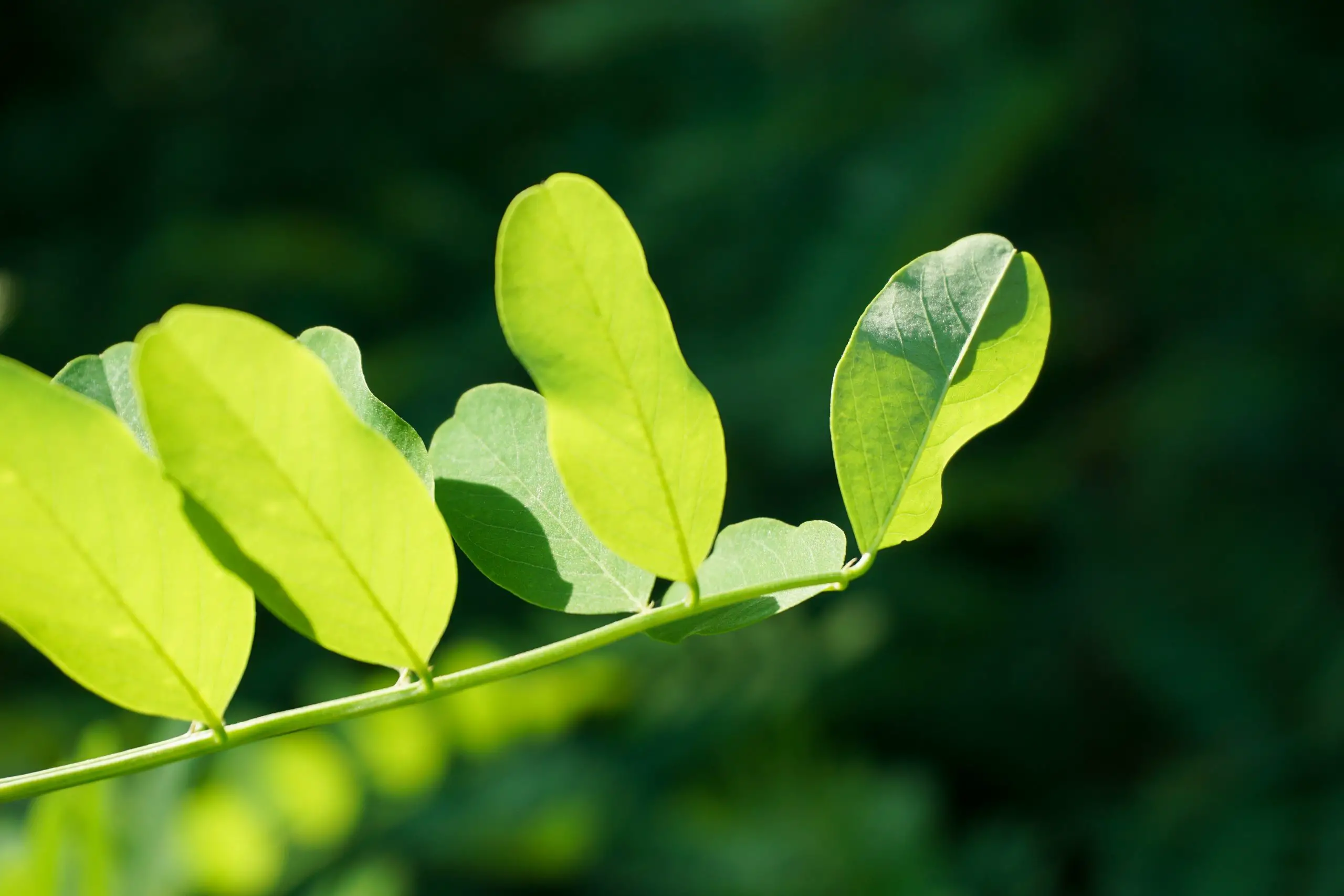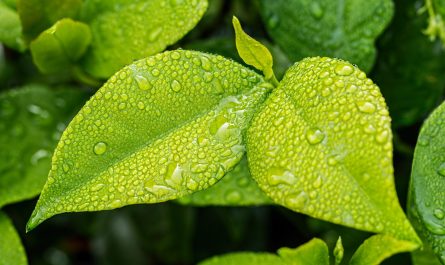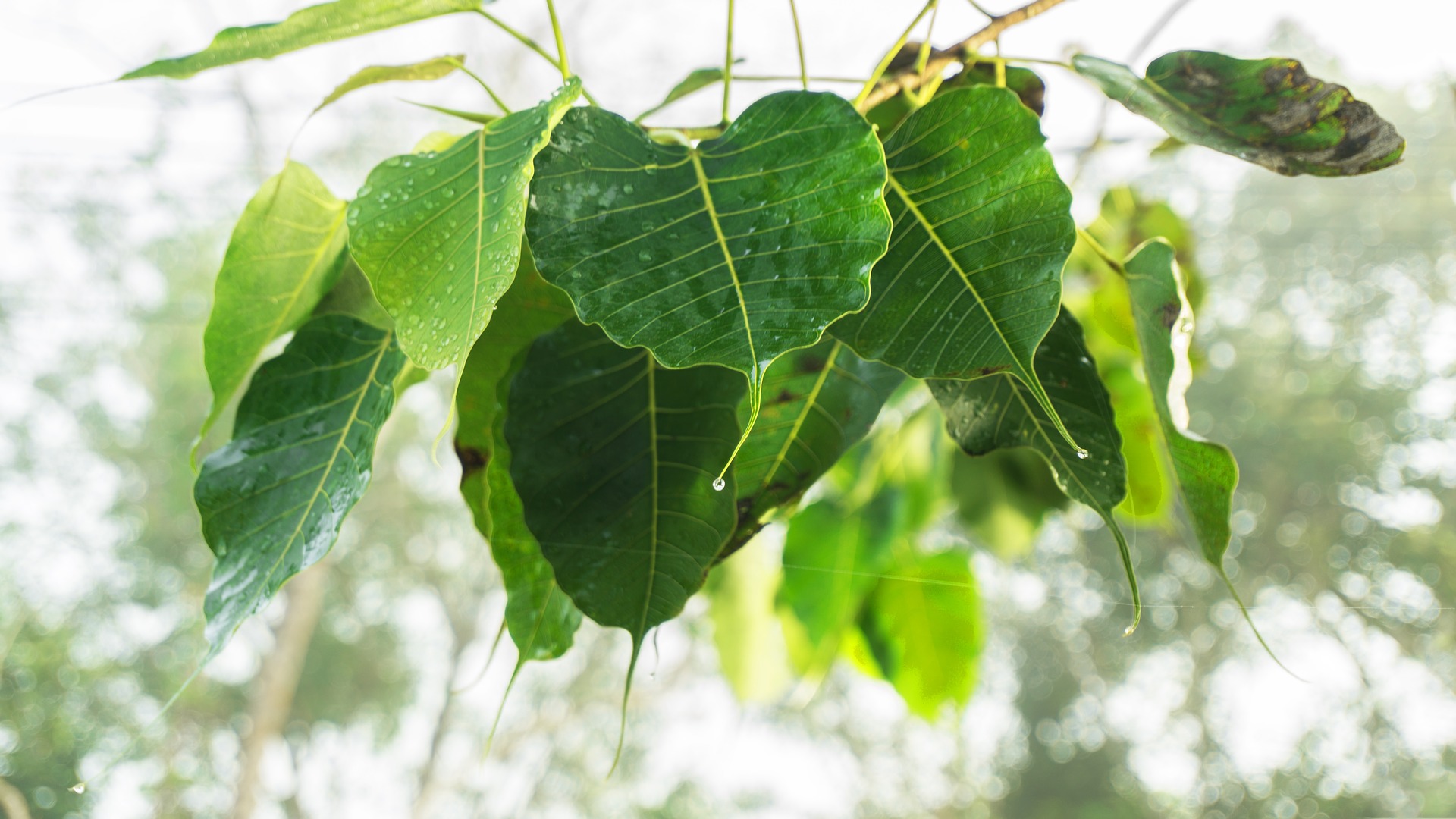There are a total of 11 species of ficus, the ficus pumila is one of them. This plant is characterized by its small leaves which make it more resistant than other species. Nevertheless, there are still several points in common between them. The essentials like light, humidity and water are necessary for the survival of all ficus trees. One of the specificities of this species is its great ability to resist the cold and its need for water. However, it may happen that one day, the ficus pumila is partially or totally dried out. It is quite normal to wonder what could be the cause.
One of the first symptoms of withering is loss of foliage. For this purpose, it is necessary to use the necessary means to hydrate the plant. The ficus pumila like all species of ficus requires only a minimum of maintenance. When a disease appears, it is not difficult to take care of the plant even if you do not have a green thumb. Here are the 5 reasons that can cause ficus pumila to dry out.
Why is your ficus pumila drying out ?
Ficus pumila is one of many indoor green plants that can be subject to drying out. When you notice that your plant encounters this type of disease, it is imperative to know the source of this phenomenon and to act so as not to risk that it dies completely. To this end, here are five points of the factors that could have caused this disease.
1. Location problem
The ficus pumila like almost all species of ficus must be placed in a fixed place. It is really not recommended to move it too often. This could be the cause of drying out. Make sure that the room in which it is located is not too ventilated, too cold or too hot. The ideal average temperature should be 20 ° C. Be sure to keep it away from a heater during the winter.
2. Excess water
Water is an essential element for the survival of a plant like the ficus pumila. However, you should know that watering this kind of plant too abundantly could cause it to dry out. It is true that this type of plant requires ambient humidity. Notwithstanding, that certainly doesn't mean that it should be watered every day and until waterlogged. It is important to check that the substrate is dry before proceeding to watering. For this species, two weekly waterings are more than sufficient.
3. Lack of watering
Ficus pumila requires more regular watering than other species of ficus, twice a week while respecting the necessary amount. Make sure that the soil is always moist so as not to risk drying out the branches and leaves. However, during watering, avoid adding too much water.
4. Lack of light
The ficus requires an amount of light necessary to be able to live. It is preferable that this light come directly from the sun. However, it is not advisable to expose it directly to its shelf. Lack of light for a fixed period of time could adversely affect the health of the plant, it can cause drying out. In winter, if your area is covered with gray or if all the rooms in your house cannot receive natural light, there is an alternative to the sun. This is to give an artificial light to your ficus using a horticultural lamp.
5. Insufficient humidity
Ficus pumila is a tropical plant, which means it needs a certain amount of humidity. If the air in the room it is in is too dry, this may explain why it is drying out. One of the first signs is leaf loss. To moisten the ficus, it will be necessary to sprinkle it with water using a spray. This allows the plant, especially the leaves, to absorb a small amount of water without risking overwatering.
How to prevent a ficus pumila from drying out ?
You should know that like all tropical plants which are of the same type as the ficus benjamine, water is really useful for its growth, its health and its survival. A lack of water could be fatal. However, too much water from overwatering could also cause your plant to dry out. It is therefore in the interest of your plant to respect the amount of water, water it weekly.
Even if the ficus pumila can withstand temperatures down to -5 ° C, it should not be left outside all winter. The gusts of wind and the cold could be fatal to him. Also, try to place it in a fixed place for as long as possible. Moving it could cause it to dry out.
Finally, to reduce the risk of drying out, place your ficus benjamina in a place that can provide it with a level of humidity necessary for its hydration. If this happens to be impossible, be sure to moisten it more often.




